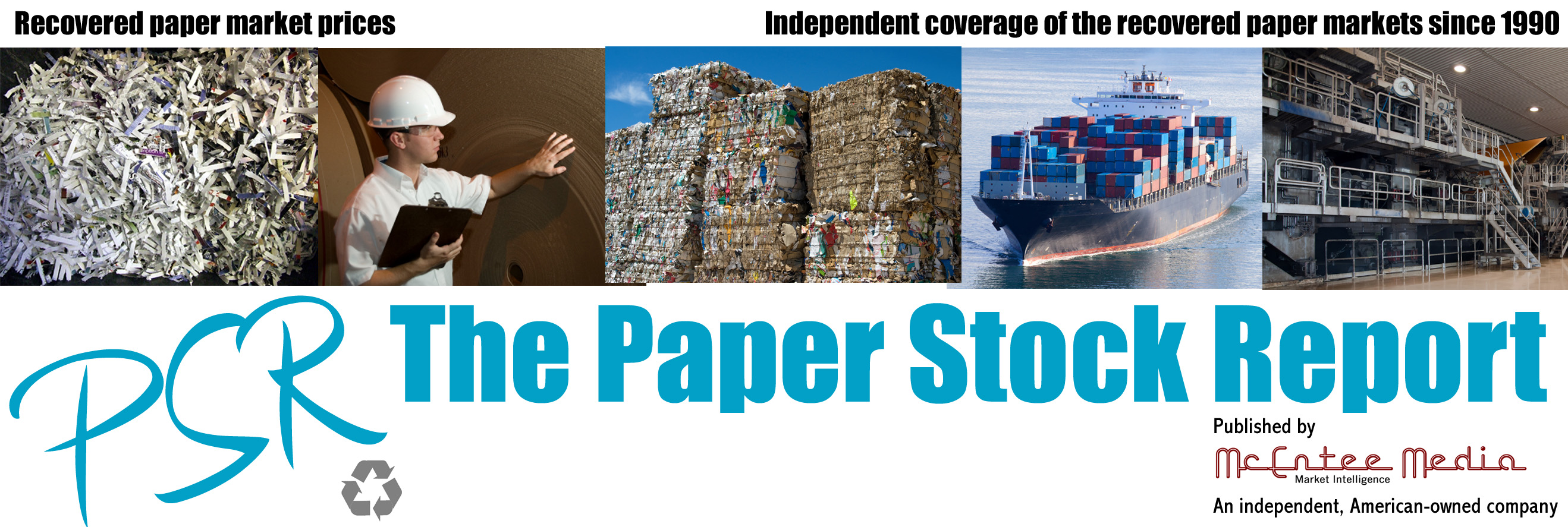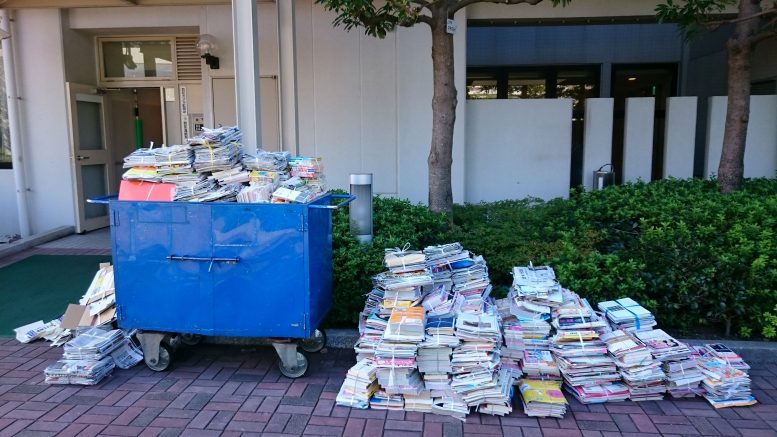New Orleans’ curbside recycling program will continue, but some items, like juice boxes, milk cartons and some plastics will be eliminated from the collection, the city announced today.
Recently, Metro Services Group, one of the city’s collection contractors, received notice from its recycling processor, Republic Services, that it would suspend acceptance of items from residential single stream curbside collections effective May 17. Republic citied rising costs as a result of China’s ban on the imports of previously accepted types of recyclable materials and changes in contamination level requirements in the global market as the reason for the indefinite suspension.
“The announcement required a rapid response by Metro Service Group to secure a change in processors,” the city said in a statement. “Although alternative arrangements were successfully completed, the suspension by Republic Services highlighted the current recycling situation on the national, regional and local level.”
The city didn’t indicate who the alternative processor is and press officers were not immediately available to comment.
“We recognize just how important our recycling program is for our people and our city, so we worked alongside Metro, the local business community and our national resilience network to find a solution,” said Ramsey Green, chief resilience officer.
Effective tomorrow, in an effort to simultaneously improve the marketability of recycled items and reduce contamination, Plastics #3 through #7, wax board (juice boxes/milk cartons) and plastic bags will no longer be accepted by collection contractors or at the city’s recycling drop-off center.
The city noted that recycling is facing significant challenges.
“However, it is important to recognize the environmental and economic benefits that result from refusing unnecessary items, reducing the amounts and types of items purchased and reusing items,” the statement said. “Recent articles on recycling note that the majority of the material collected in recycling programs remains in the United States and are used for feedstock in the production of consumer goods.”
Green said, “We must all do our part to reduce contamination to assist collection, processing and manufacturing companies until new and expanded markets are developed. Although contamination from our area has not exceeded generally acceptable levels, it can be reduced further. It is our hope that these actions will assist in extending the life of the city’s recycling programs.”
Follow us on social media:
